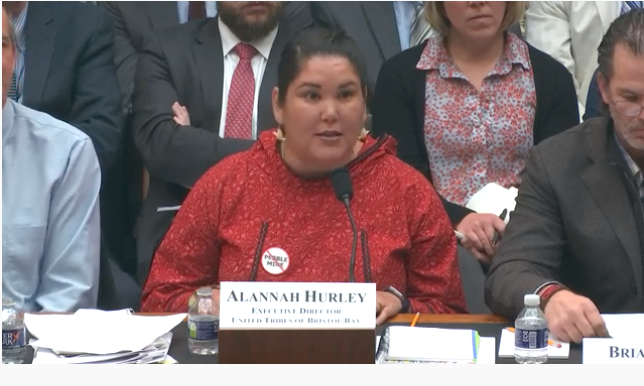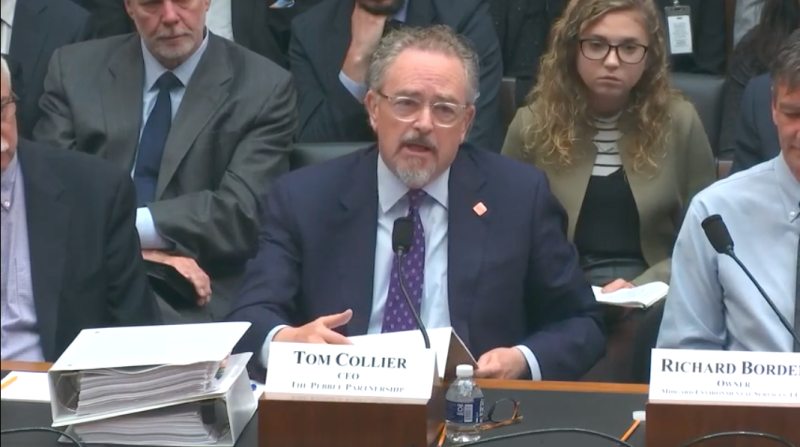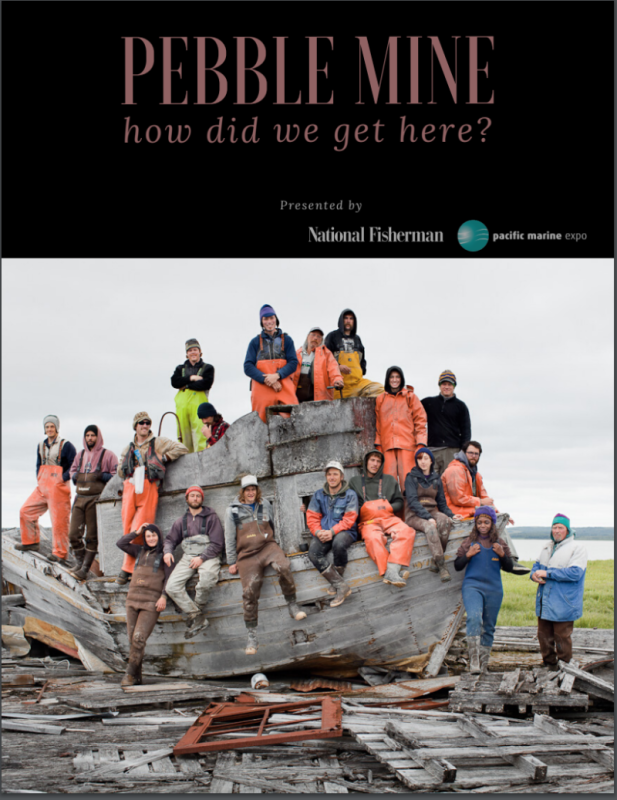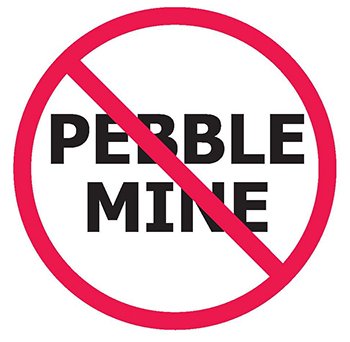The political football that is Pebble Mine spiraled into the House of Representatives on Monday after presumptive Democratic nominee Joe Biden declared his support for the fishing and Native communities of Alaska's Bristol Bay over the weekend. Just last week, Donald Trump Jr. tweeted his opposition to the mine.
Biden pledged in a statement published Saturday, Aug. 8, to block the mine's development if elected in November. Two days later, the House Oversight and Reform Committee submitted a letter to the Inspectors General at the Department of Defense and the U.S. Army, requesting an investigation into Pebble's permitting process.
Biden's promise would follow in the footsteps President Barack Obama, whose administration blocked the mine's development through the EPA under section 404 of the Clean Water Act.
"As President, I will do what President Trump has failed to do: listen to the scientists and experts to protect Bristol Bay — and all it offers to Alaska, our country, and the world," the statement read.
The House committee letter cited the EPA's 2014 findings of "negative environmental consequences of mining copper and gold" in the area and suggested the permitting process may have been rushed.
“The committee is concerned that the Army Corps expedited the Clean Water Act permitting and NEPA review process at the expense of a thorough scientific review,” the letter said. “It appears that this timeline is inappropriate for a hardrock mine of this scale, complexity, and potential regional and state environmental, social, and economic impacts — especially during the ongoing coronavirus pandemic.”
Representatives of the fleets, residents and Native tribes of Bristol Bay responded with appreciation for these prominent declarations of support.
"As fishermen, we are grateful Joe Biden views Bristol Bay as a national source of not just nutritious wild salmon, but also more than 14,000 domestic jobs and an irreplaceable way of life," said a statement from Commercial Fishermen for Bristol Bay.

"Our tribes really appreciate Vice President Biden's commitment to stopping the Pebble Mine. The bipartisan support for protecting Bristol Bay from this toxic project just confirms what Native people have always known: Bristol Bay is invaluable to the globe," said Alannah Hurley, executive director of United Tribes of Bristol Bay. "It’s time to end this toxic project."
“There’s no place else like Bristol Bay left on the planet," said SalmonState Executive Director Tim Bristol. "We look forward to the day the Environmental Protection Agency exercises its authority under the Clean Water Act to veto this toxic project.”
Biden's statement referenced the EPA's "rigorous, science-based process" that showed Bristol Bay "is no place for a mine" back in 2014.
Pebble Partnership CEO Tom Collier, who stands to win a $12.5 million bonus if the project is permitted soon, called the Obama administration's EPA assessment "woefully inadequate and demonstrably inferior" to the Army Corps' final EIS.

“Look, any suggestion that the Obama-era Bristol Bay Watershed Assessment is a more defensible administrative record for regulatory decision-making at Pebble than the Final EIS is laughable,” said Collier, according to a Pebble Partnership press release on Aug. 9.
Bipartisan opposition to the proposed mine has been strong in Alaska and outside of it for almost two decades now. The late Republican Sen. Ted Stevens called it “the wrong mine in the wrong place.”
In a recent poll, 62 percent of Alaskans were against the mine, with only 31 percent in favor, according to the advocacy group SalmonState.








